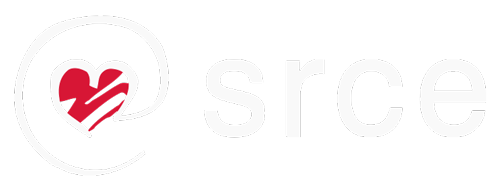- Hrvatski
Course content
Renaissance Philosophy
- Code:
- 227465
- Abbreviation:
- FIL
- Higher education institution:
- Faculty of Croatian Studies
- ECTS credits:
- 2.0
- Load:
- 15(L) + 15(S)
- Issuing teachers:
-
Associate Professor Željka Metesi Deronjić, PhD
- Course contractors:
-
Associate Professor Željka Metesi Deronjić, PhD (L, S)
- Course description:
- The Renaissance period is a very significant period in European culture that is generally characterised by the renewal of ancient culture and the new evaluation of the human spirit and human capabilities. The basic goal of the course is to acquaint students with the main features of Renaissance philosophy and thought in general, and they mainly relate to a new approach to authority, a new worldview, or a new cosmology that also required a new approach to man, or anthropology and general development of new scientific disciplines and methods. Following this, students will get acquainted with the most important representatives, topics and problems of Renaissance philosophy. Learning outcomes at the level of the programme to which the course contributes: 1. Describe the basic problems dealt with by different philosophical disciplines, define them and reproduce them using a philosophical concept. 2. Compare different philosophical directions and identify the cause-and-effect relationships that have led to the formation of philosophical thought throughout history. 3. To connect philosophical ideas and teachings with the philosophers to whom they belong. 4. To be critical of various philosophical conceptions and directions and to take one's own position in that sense. Expected learning outcomes at the level of the course: 1. Recognize the place and meaning of Renaissance philosophical themes and problems within the history of philosophical thought. 2. List the main representatives of Renaissance philosophy and their main works. 3. Define the basic currents, themes and problems of Renaissance philosophy. 4. Recognize the place of Croatian Renaissance philosophy in the European context. 5. Explain key terms and definitions and show their development and reception. Course content: 1. Introductory lecture. Introducing students to the content and objectives of the course. Humanism and the Renaissance 2. Dante Alighieri. Francesco Petrarca 3. Renaissance Aristotelianism 4. Renaissance Platonism 5. Nicholas of Cusa. Marsilio Ficino 6. Pico della Mirandola. Giordano Bruno 7. Michel de Montaigne. Francis Bacon 8. Ethics and Politics: Erasmus of Rotterdam, The Manual of a Christian Knight, Niccolo Machiavelli, The Ruler 9. Philosophy and Law: Francisco de Vitoria and Francisco Suarez - the beginnings of international law (ius gentium) 10. The Occult philosophy 11. Philosophy and Art. Renaissance poetics 12. Renaissance Utopias 13. Croatian Renaissance Platonism 14. Croatian Renaissance Aristotelianism 15. Closing lecture
- Course in study programme:
-
Code Name of study Level of study Semester Required/Elective 3 Psychology undergraduate 1 elective 25 Communication Studies undergraduate 1 elective 32 History undergraduate 1 elective 1 Croatology undergraduate 2 elective * 3 Psychology undergraduate 2 elective * 25 Communication Studies undergraduate 2 elective * 32 History undergraduate 2 elective * 1 Croatology undergraduate 3 elective 17 Philosophy and Culture undergraduate 3 required 20 Sociology undergraduate 3 elective 25 Communication Studies undergraduate 3 elective 32 History undergraduate 3 elective 1 Croatology undergraduate 4 elective * 20 Sociology undergraduate 4 elective * 25 Communication Studies undergraduate 4 elective * 32 History undergraduate 4 elective * 20 Sociology undergraduate 5 elective 25 Communication Studies undergraduate 5 elective 32 History undergraduate 5 elective 25 Communication Studies undergraduate 6 elective * 32 History undergraduate 6 elective * * the course is not taught in that semester
Legend
- S - Seminar
- L - Lectures

